If you’re launching a Texas travel toothbrush, the idea of leveraging a Texas tax-free weekend or local sales exemptions to boost volume is attractive. However, the reality is nuanced: toothbrushes are generally treated as taxable personal-care items in Texas, while the state’s tax-free events cover only specific qualifying categories (and strict limits apply). Below we explain what this means for product positioning, promotion timing, pack design, and retailer conversations — and point you to the official sources you (and your finance/legal teams) should consult.
Straightforwardly: Texas classifies most toothbrushes as taxable retail items. Rulings from the Texas Comptroller’s STAR database treat toothbrushes as taxable and explicitly distinguish them from exempt “dental devices.” In short, the baseline expectation is that a toothbrush sale will be subject to sales tax unless a specific exemption clearly applies.
Texas holds periodic sales-tax holidays (for example, the annual back-to-school holiday) that exempt only specified product categories and only under strict price thresholds per item. Those holidays traditionally focus on clothing, footwear, backpacks and certain school supplies — not personal care items like toothbrushes. So, unless the brush is part of a qualifying category or you structure a compliant promotion, you can’t assume tax-free status. Always check the Comptroller’s current guidance before claiming a tax-free benefit.
Even though standalone toothbrushes are usually taxable, you can still design go-to-market tactics that capitalize on tax events — but they require careful legal vetting:
Crucially, these tactics must be cleared with the Comptroller or a tax attorney because bundled-sales and price-threshold rules can change the tax outcome. Company web: https://www.powsmart.com/product/electric-toothbrush/
For OEMs selling to distributors/retailers, ensure your partners understand the mechanics:
From a marketing standpoint, overpromising “tax savings” on a travel toothbrush is risky. Instead:
This approach preserves credibility and avoids false advertising or refund headaches.
A Texas travel toothbrush can definitely be a market winner in coastal and travel-heavy retail channels — but count on product features, merchandising, and supply-chain support to close the sale. Treat any Texas tax-free opportunity as a compliance-sensitive bonus rather than the core value proposition. Always validate promotions with the Texas Comptroller or tax counsel and provide clear guidance to retail partners. Key authoritative sources to consult: the Texas Comptroller sales tax holiday guidance and the STAR rulings on item classification. Contact Powsmart
-300x300.jpg)
-300x300.jpg)
.jpg)
Electric Toothbrush Recycling Seattle
.jpg)
Texas Electric Toothbrush – Powsmart PTR-C8 Long Battery
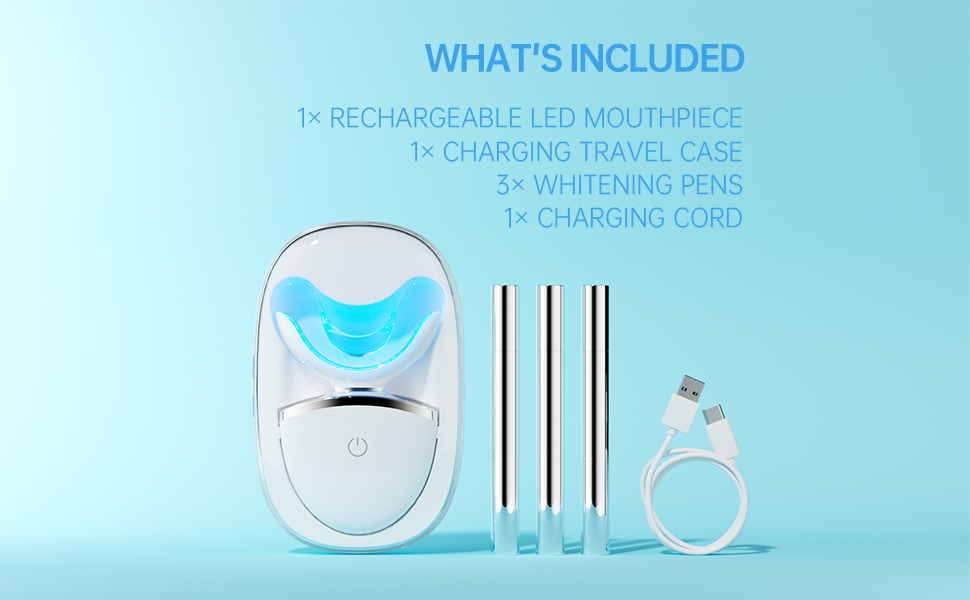
How Do Salons Do the Whitening Teeth Products Business? An OEM Supplier’s Insight
.jpg)
Long Battery Life Electric Toothbrush Wholesale – Bulk Supply for Retailers & Brands
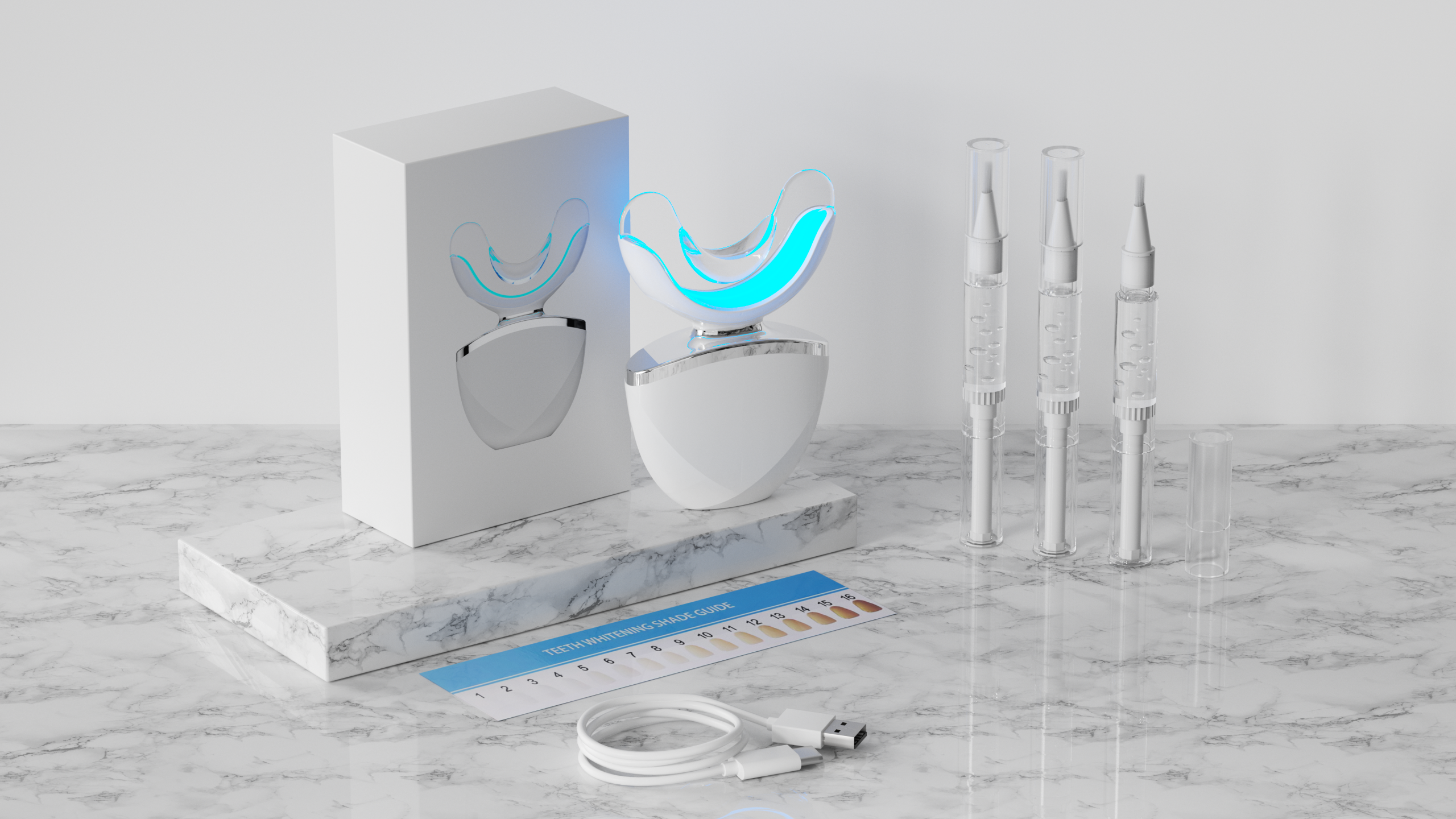
Can a Toothbrush Truly Rebuild Gum Health? Discover Powsmart’s Dual-Action Gum Shield Tech!
.jpg)
Low-Noise Electric Toothbrush Manufacturer
.jpg)
electric toothbrush private label supplier | Custom Sonic Toothbrush Manufacturing
.jpg)
Mucosal Irritation with Chemical Residues – Toxic?
.jpg)
Whitening Rebound with Gel Crystallization – Preventable?
.jpg)
The Hidden Risks of Over-Engineered Water Flossers: Consequences of Excessive Pulse Frequency
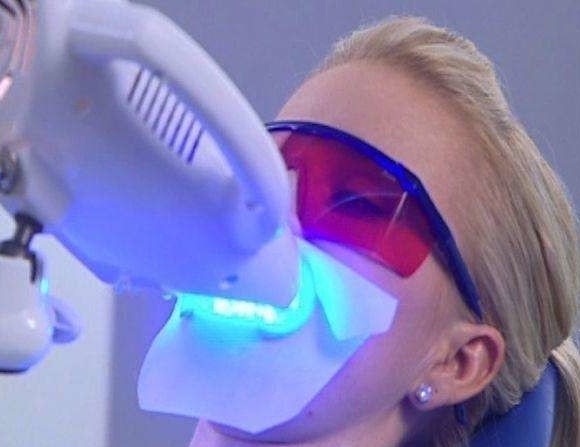
Tips for Maintaining Oral Hygiene While Traveling from an Oral Care Products Factory
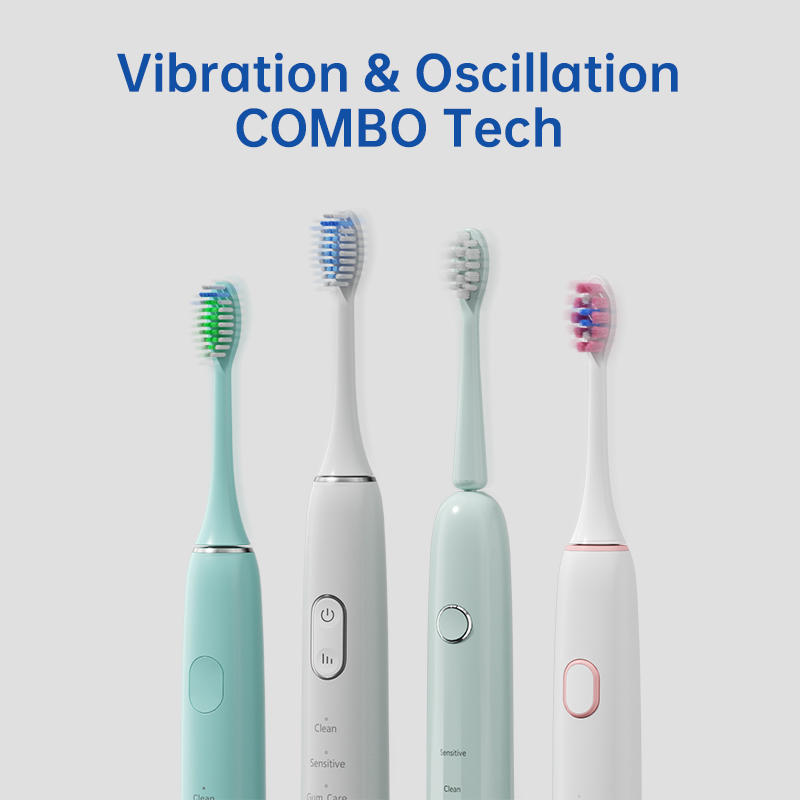
Where to Find Electric Toothbrush Demo Stores in Seattle?
.jpg)
Electric Toothbrush Warranty Policy for OEM & Private Label Brands
.jpg)
wireless teeth whitening device OEM | Rechargeable LED Whitening Manufacturer
.jpg)
Hospital Grade Electric Toothbrush Supplier
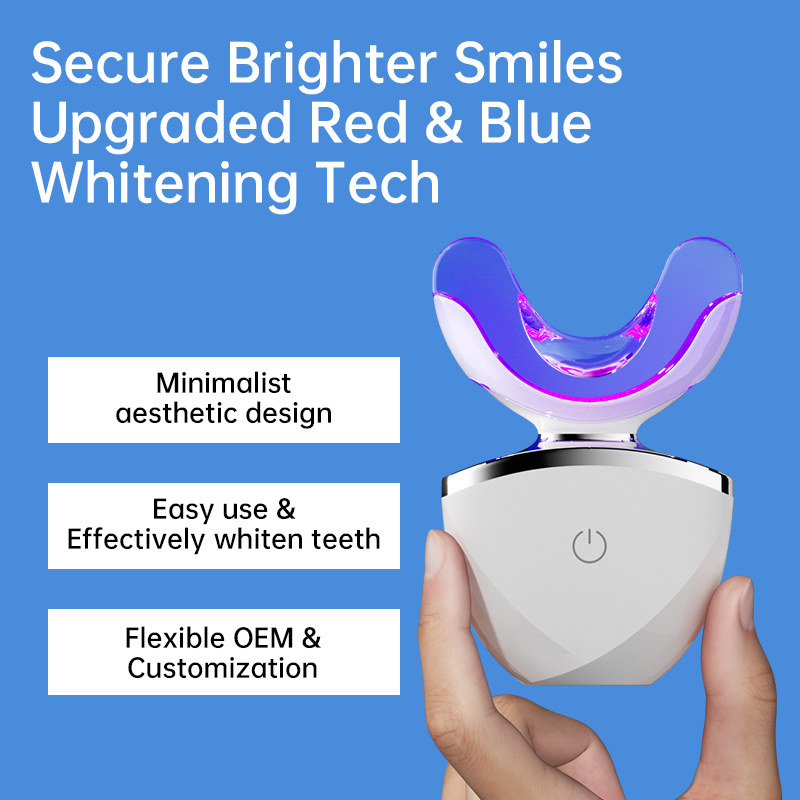
Is Clear Instruction in the User Manual Vital for Proper Pressure Stabilization Use?